La Liga Ambassador and former Real Sociedad and Spanish national women’s team player, Aintzane Encinas, is a role model for young girls who want to get into the game. The 31-year-old shares her experience and dishes out advice for girls who want to turn professional.

How did you get started in football?
“When I was young, most of my friends played football. I wanted to play with my brother – initially, we played basketball, but eventually, we started playing football, and I played also with the boys in my neighbourhood.”
“Later on, I joined a sports club (Añorga KKE) and played with the boys team. In the beginning, it was a bit strange because we had to change in different dressing rooms, but it was great experience because (the boys) didn’t hold back on the pitch, and we could improve our skills.”
“Later on, I had to follow Spanish law, which states that girls above 15 years old aren’t allowed to play with boys anymore, so that’s when I had to join the women’s team.”

What were some of the highlights of your career?
“Most of it has been with Real Sociedad, and with the Spanish national women’s team. I was in the 2004 U-19 World Championship, and was only 16-years-old at that time. It was a really great experience to be able to travel to Thailand and experience an international tournament at such a young age.”
“At Sociedad, I spent 13 seasons at the club, where we won the league, promotion to first division from the lower-category, and I had some great memories with my teammate.”

“As a child, there wasn’t really a women’s football icon I looked up to, but I really loved Gaizka Mendieta (ex-Valencia) and also Xavi Prieto (a legend and former player of Real Sociedad). So it was really cool when I got to meet Gaizka, who is also a La Liga ambassador.” – Aintzane Encinas
What are some of the challenges you’ve faced?
“There were many challenges, which some of the girls I know today are still facing. For example, there was no stability in playing football, especially as a woman. The wages are not enough to sustain a life. We had to work and study at the same time, so we couldn’t dedicate ourselves to really improve ourselves technically, because of all those other priorities.
“Of course, it is much better now – although it is not fully professional yet. La Liga has also created an association to develop women’s football in Spain, giving it more visibility. For example, showing three women’s football matches on a weekend and giving more visibility to the teams. It’s changing now.
“We are also seeing an improvement in sponsorship – more brands are coming forward to sponsor players, and they are also getting boots, which is a nice change.”

What advice do you have for girls who want to turn professional?
“You really need to have a passion for football, work hard, and enjoy the game. It’s not easy to be professional, but the rules are changing and opportunities for women are improving day by day.”




